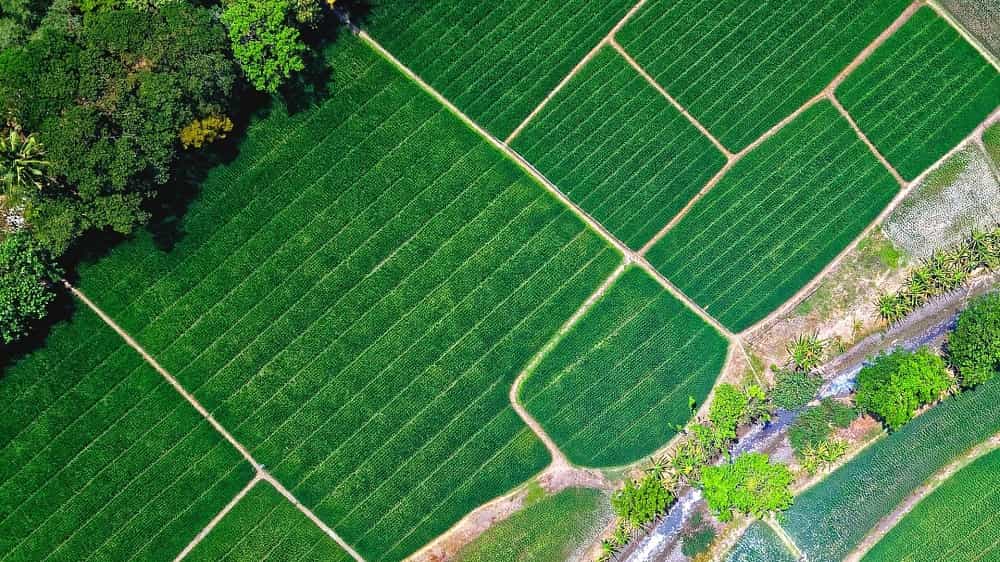Pakistan, with its diverse landscapes, rich history, and growing economy, offers a myriad of opportunities for those looking to invest in land. Whether you're an aspiring farmer, a real estate enthusiast, or a savvy investor, the land for sale in Pakistan presents a canvas of potential waiting to be tapped. In this blog, we'll delve into the various facets of land investment in Pakistan, from its geographical diversity to the legal framework, and the promising sectors that make it an attractive prospect.
Geographical Diversity
One of Pakistan's most enticing features is its geographical diversity, ranging from lush plains to towering mountain ranges. This diversity has a significant impact on land availability and usage. The country's vast terrain can be divided into several regions:
Coastal Areas: The coastline along the Arabian Sea presents opportunities for tourism, fisheries, and port-related businesses. The Gwadar port, located in Balochistan, is a prime example of an area that has gained attention due to its strategic location and potential for economic growth.
Agricultural Heartland: The fertile plains of Punjab and Sindh have long been the backbone of Pakistan's agriculture sector. Vast stretches of arable land provide opportunities for cultivating crops and establishing agribusinesses.
Mountainous Regions: The northern areas, including Gilgit-Baltistan and Khyber Pakhtunkhwa, offer breathtaking natural landscapes. These regions are attractive for eco-tourism, adventure sports, and even sustainable housing projects that cater to those seeking a serene escape from urban life.
Legal Framework and Ownership
Understanding the legal framework of land ownership and acquisition in Pakistan is crucial before making any investment. The land ownership structure in the country is divided into two main categories:
Freehold Land: This type of land ownership provides the most comprehensive rights to the landowner. They have full ownership and control over the land, allowing for various uses, including development, leasing, and selling.
Leasehold Land: Leasehold land grants the lessee the right to use the land for a specified period, usually decades. This type of ownership is common for agricultural and commercial purposes, where the land is leased from the government or landowners.
It's essential to conduct thorough due diligence, including verifying property ownership documents, before finalizing any land transaction. Consulting legal experts familiar with Pakistani property laws can ensure a smooth and legally sound process.
Promising Sectors for Land Investment
Real Estate Development: Urbanization and population growth in major cities like Karachi, Lahore, and Islamabad have led to an increased demand for housing and commercial spaces. Investing in land for real estate development, whether for residential complexes, commercial centers, or mixed-use projects, can yield substantial returns.
Agriculture and Farming: Pakistan's economy heavily relies on agriculture, making this sector a promising option for land investment. From traditional crops like wheat, rice, and cotton to emerging trends like organic farming and high-value cash crops, the potential for growth in agriculture is significant.
Tourism and Hospitality: With its diverse landscapes and rich cultural heritage, Pakistan's tourism sector has been gaining traction. Investors can explore opportunities in setting up hotels, resorts, and recreational facilities in scenic areas, boosting both local economies and the tourism industry.
Industrial Zones: The establishment of Special Economic Zones (SEZs) across the country aims to attract foreign and domestic investment by offering incentives and infrastructure support. Investing in land within these zones can lead to partnerships with industries like manufacturing, technology, and exports.
Read More: Blue World City
Challenges and Considerations
While the land investment landscape in Pakistan is promising, there are challenges that potential investors should be aware of:
Infrastructure Development: In some areas, infrastructure might be underdeveloped, affecting accessibility and the ease of conducting business. However, ongoing infrastructure projects are working to address these issues.
Regulatory Hurdles: Navigating through bureaucratic processes and property registration can sometimes be time-consuming. Engaging legal professionals can help overcome these challenges.
Market Fluctuations: As with any investment, land values can fluctuate due to economic conditions, geopolitical factors, and market trends. Conducting thorough market research is essential to making informed decisions.
Conclusion
Investing in land for sale in Pakistan opens up a world of possibilities across various sectors, from real estate and agriculture to tourism and industry. The country's diverse geography, legal framework, and growing economy provide a fertile ground for those seeking to capitalize on emerging opportunities. While challenges do exist, careful research, legal consultation, and a strategic approach can help investors navigate the landscape successfully. As Pakistan continues to evolve and develop, those who recognize its potential stand to reap the rewards of their foresight and investment.


No comments yet